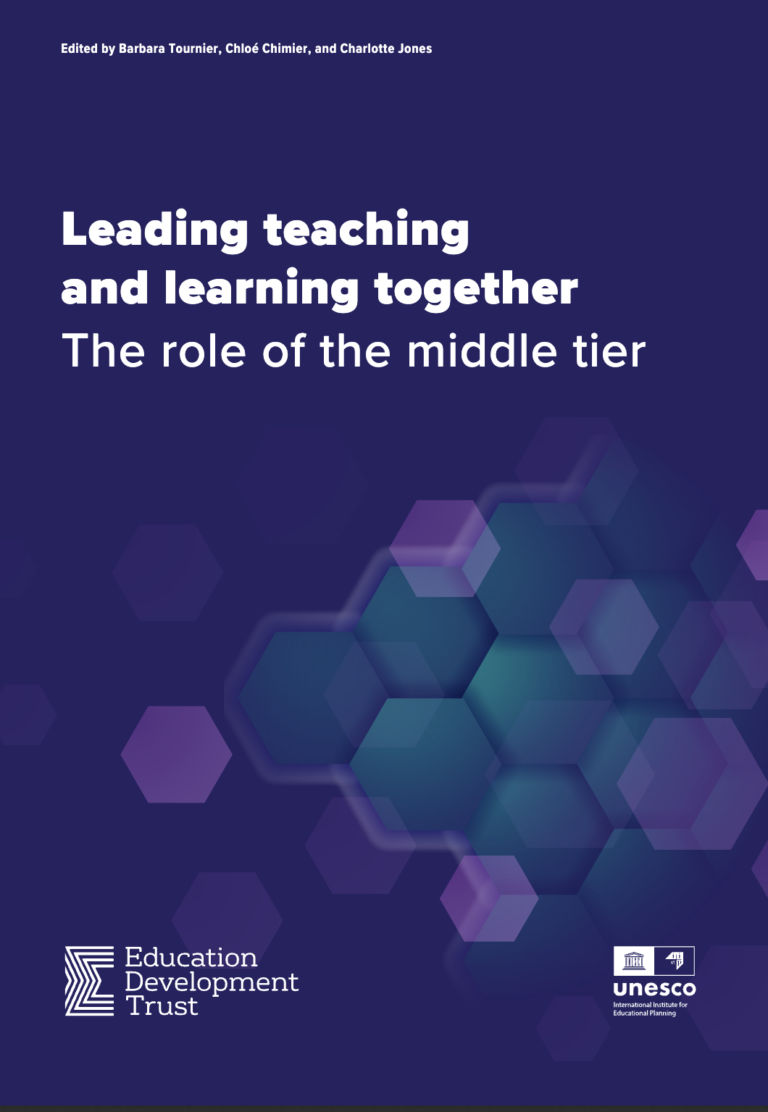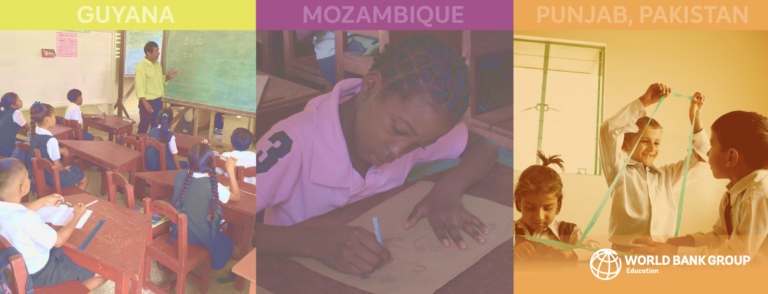From: Pakistan today | Tue 26 June 2018
ISLAMABAD: National Commission for Human Development (NCHD) Chairperson Razina Alam Khan has said that the policymakers need to adopt non-formal education (NFE) approach to achieve educational targets of the Vision 2025 of 90 percent literacy rate.
In the formal system of education, despite improvements, the aim to chase 90% literacy rate goal was illusive, she said while addressing meeting of the senior management members here on Tuesday.
Razina Alam said that still there was a large chunk of illiterates and leftover pool of children in the country and were contributing to the prevailing low literacy rate. She said that E-9 developing countries which had major part of illiterate population of the world and among other challenges face quality education deficit.
She said that the illiteracy put a halt to developmental growth of a country and was a major reason of poverty in these countries. The non-formal education has gained currency in India over the last two decades in view of its importance in developing necessary knowledge, attitude and skills in the vast section of the population which could not make use of the formal system of education, she said.
These countries like Bangladesh, Sri Lanka and India who had adopted non-formal education approach had benefited in achieving their universal elementary education and literacy targets, she said, adding that NCHD was established as task force with an aim to support the government departments in achieving educational targets by filling the implementation gaps.
She said that NCHD had successfully designed its education programmes and directed many projects of the non-formal education that can be materialised to achieve educational targets of the Vision 2025. Currently, “our formal education system was adding only one percent per annum in literacy rate. Through this pace and with 2.6% population growth rate we will be able to achieve only 68% literacy rate till 2025,” she said.
Briefing about NCHD’s interventions, Razina Alam said that currently there were 5,567 feeder schools of NCHD across the country where 272,289 children were acquiring education. There were 6,000 adult literacy centres where 150,000 women were attaining literacy as well as vocational skills and moreover, they were proving helping hand as they had started their children getting enrolled in schools, she opined.
NCHD had 100 madrasa schools functional in the Islamabad Capital Territory (ICT), Azad Jammu Kashmir (AJK), Federally Administered Tribal Areas (FATA) and Gilgit Baltistan (GB). The commission had constituted an advisory council on literacy and forum on non-formal education, which brought all stakeholders on a single table to work for the noble cause,” she maintained.
The National Training Institute (NTI) of NCHD had devised a strategy named National Plan of Action, in collaboration with all the stakeholders to achieve educational targets of the Vision 2025, she observed. This institute had suggested that by the establishment of 34,000 non-formal schools more for the next five years can provide education to seven million left over children of 9-14 age bracket.
This institute would further develop manuals and modules to conduct training to build capacities of literacy and NFE workforce would be developed, she said. “The accelerated learning programs and research studies to be utilised in improving non-formal education system would also be devised by the NTI experts,” she said.



